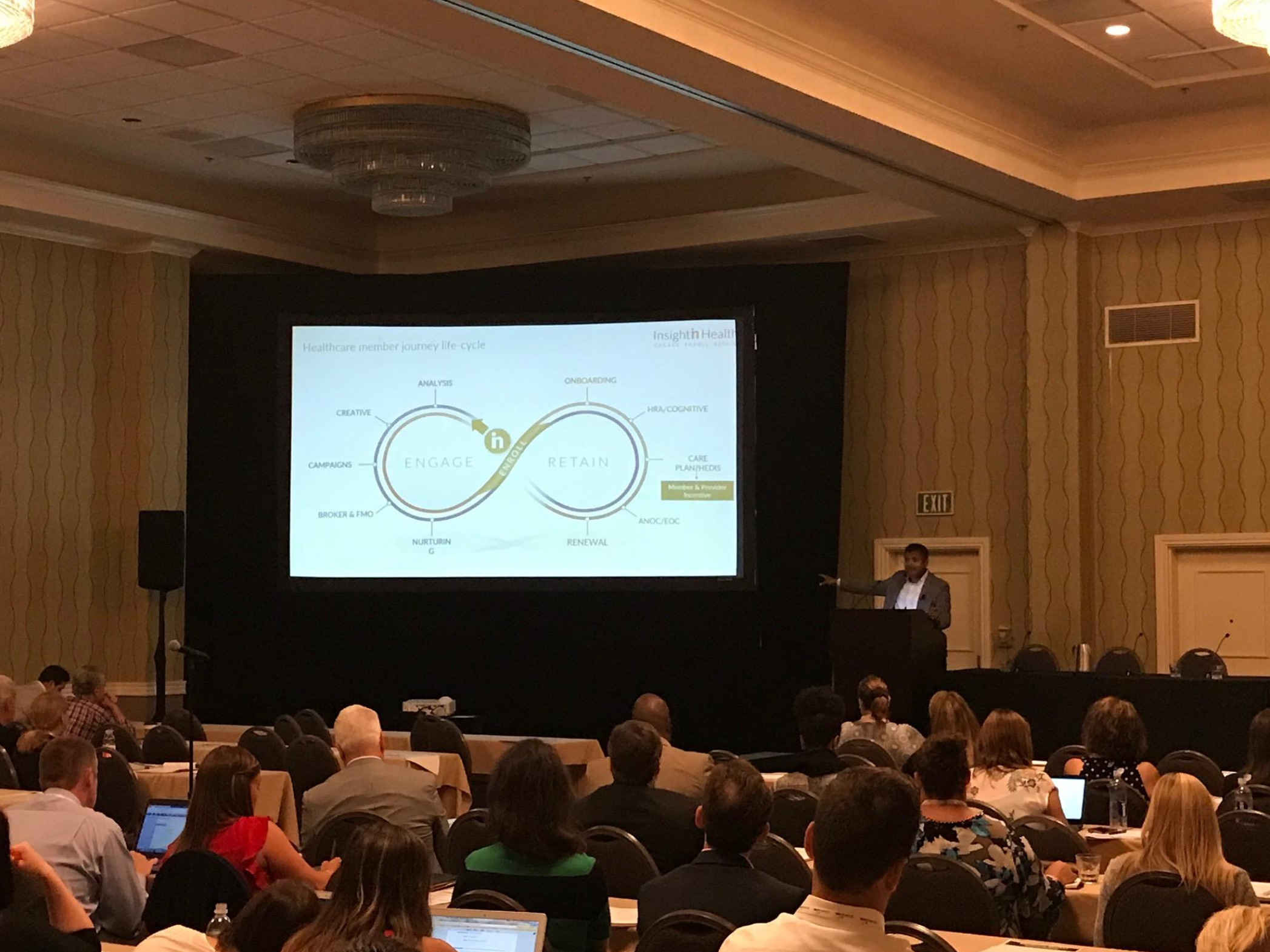Prayas Analytics, the data analytics company founded by two Penn grads in 2014, announced it has permanently shut down due to lack of customer growth.
Shutting down @PrayasAnalytics' retail analytics product. Lots learnt, and much lies ahead.https://t.co/fiBFUA9tuf
— Pranshu Maheshwari (@pranshu_m) June 21, 2016
The company, which moved from Philly to San Francisco to be part of Y Combinator’s summer 2015 class, analyzed footage from security cameras at brick-and-mortar stores and used the data to improve efficiency and reduce customers’ wait time.
After the summer class wrapped up, the company picked up and moved to NYC in the fall of 2015 following a $1 million seed round. The move to New York was aimed at getting closer to possible customers in retail.
However, securing a longterm customer in the cutthroat retail space proved difficult.
So what’s next?
As for cofounder Yash Kothari, he decided to part ways with the company before the shut down. He’ll be taking some time off to reflect on his next move.
Cofounder Pranshu Maheshwari is already onto the next one. After giving most investors back the money they had invested in the company, he grabbed a new cofounder and took the remaining funds to start a data consulting agency under the name MetricBoy.
“It’s pretty hard to admit failure,” the cofounders wrote in an email. “It is ultimately quite frustrating that our company couldn’t live up fully to our expectations.”
And if that email wasn’t sincere enough, Maheshwari’s Medium post was a downpour of honesty, offering 10 key takeaways from the company’s plight for stability.
1. Ask questions to a comparable set of customers.
Approval from advisers, professors and the like is not enough. “The only opinion that matters on an idea (at least in the short term) is that of your customers,” he wrote.
2. The questions should go deep.
The cofounder said the team failed by ignoring negative feedback on their business model, and over emphasized the positive feedback, leading to a superficial assessment of things.
3. Willingness to pay is the only test.
“For a long time, we never really charged money for our product,” the cofounder wrote. “We were too afraid of losing our users. When we did try to charge them, no one paid.”
4. The initial group of customers has to be approachable.
It’s no surprise that reaching out to retail giants proved to be a challenge.
“Going after large Fortune 200 retailers was a mistake. We lacked the retail network, or the understanding of the industry to make in-roads,” Maheshwari wrote.
5. Tech development second, product-market fit first.
The cofounder warned there’s no point in building tech solutions for something that people don’t want.
6. Establish what’s possible so that you don’t panic.
“Keeping a technical consultant on file (or just a bunch of smart & knowledgeable friends) is a good idea,” said the cofounder, who said a major mistake was not reaching out to technical experts in time.
7. Offline analytics is a tool, but not a full solution.
“I don’t know if offline analytics products can work. I don’t know if working on another company in this space is a good idea,” wrote Maheshwari.
8. Don’t get caught up in your own mythology.
“In the end, we made a sum total of $5750 in revenue. None of this was recurring. Our data was never really used for anything, and we didn’t make an impact with our work,” wrote Maheshwari.
A healthy dose of honesty.
“We had a great story and a clever idea,” he wrote. “But maybe if we had been less enthralled by it, we’d have been more open to change.”
9. Follow the inspiration.
Maheshwari opened up about the pressure and expectations that come with running a company that’s part of a well-known accelerator.
“Impostor syndrome kicked in when we felt like we should be successful because we were a Y Combinator company,” he wrote.
10. Don’t fear failure.
“Our fear of failure made us avoid tough decisions. When people didn’t buy our product, we assumed that our execution was bad, not the idea itself.”
If you’re going to listen to any of these tips, that last one might be a good pick.
Before you go...
To keep our site paywall-free, we’re launching a campaign to raise $25,000 by the end of the year. We believe information about entrepreneurs and tech should be accessible to everyone and your support helps make that happen, because journalism costs money.
Can we count on you? Your contribution to the Technical.ly Journalism Fund is tax-deductible.
Join our growing Slack community
Join 5,000 tech professionals and entrepreneurs in our community Slack today!

The looming TikTok ban doesn’t strike financial fear into the hearts of creators — it’s community they’re worried about

These fulltime VR creators show Horizon Worlds isn't just for kids

Philly schools are full of technology. Teachers say that’s not enough to close the digital divide.

